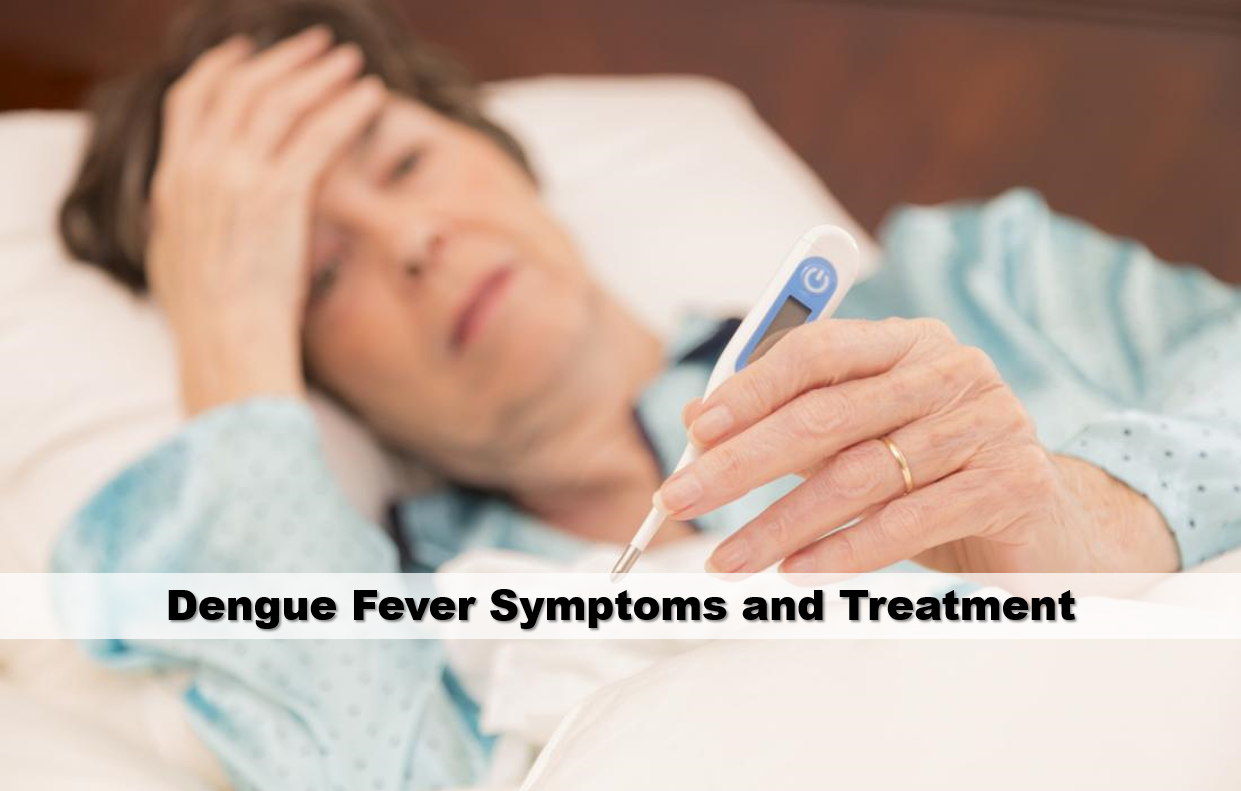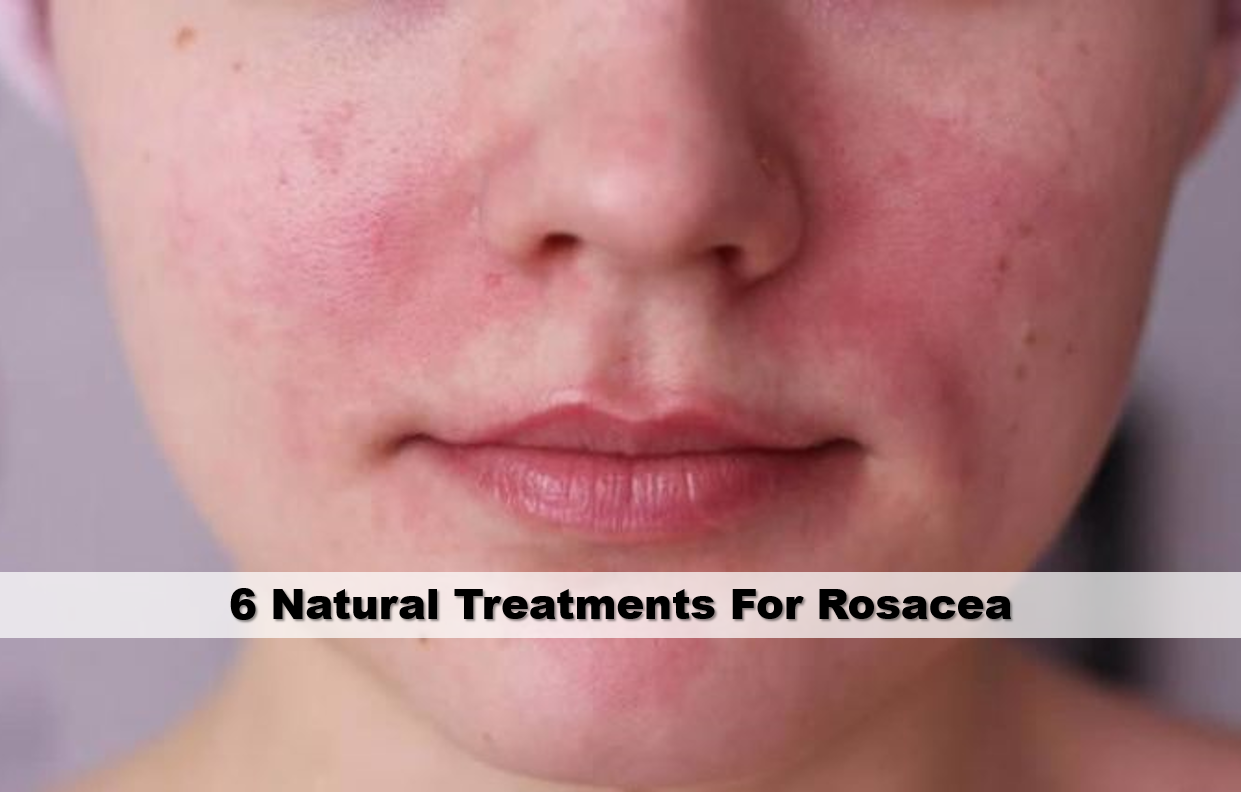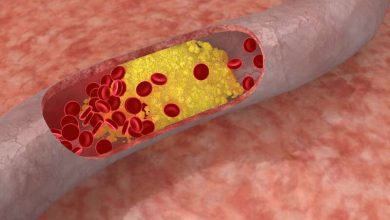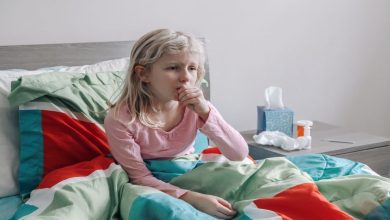Dengue Fever Symptoms and Treatment

What are the symptoms of dengue fever? What is the best treatment for dengue fever? Dengue fever is a viral disease that is endemic in tropical and subtropical regions all over the world, causing severe flu-like symptoms. The causative agent is the dengue virus from the flavivirus family. There are four known types of dengue virus. People with one type of disease can be re-infected with other types. Here, we will explain dengue fever symptoms and treatment in the text below.
Dengue Fever Infection
It is carried and transmitted by Aedes mosquitoes. Since these mosquitoes prefer relatively clean water sources, places such as floods and sewer pipes in houses can be ideal for the settlement of this species, so urban spreading can also be observed in outbreaks.
Dengue Fever Symptoms
With the bite of the infected mosquito, the Dengue virus enters the bloodstream and is abundant in the blood of patients 24 hours after the fever is elevated. According to the latest classification of the World Health Organization, Dengue infections can occur in four clinical types:
- Unidentified fever or viral syndrome
- Classic Dengue Fire
- Dengue hemorrhagic fever
- Dengue shock syndrome

The main symptoms of dengue fever are:
- Fever
- Nausea and Vomiting
- Severe headache
- Severe eye pain
- Joint pain
- Muscle and/or bone pain
- Rash
- Bleeding (mild) (eg bleeding from nose or gums, occasional bruising of skin)
- Low white cell count (visible in a blood test)
In general, young children with first-ever dengue infection may have the disease milder than older children and adults. Observe the warning signs as the temperature decreases 3 to 7 days after the onset of symptoms. If any of the following warning signs appear, you should consult the emergency department or the nearest health facility immediately.
- Severe abdominal pain or persistent vomiting
- Red spots on the skin
- Bleeding from nose or gums
- Vomiting blood
- Black or tarry stools
- Drowsiness or irritability
- Pale, cold, or damp skin
- Breathing Problems
Dengue Fever Treatment
Dengue fever is a viral disease, so there is no specific treatment. Many people with dengue fever will recover within two weeks. Some medications can be used to relieve symptoms, but drinking plenty of fluids, resting, and using salicylic acid-free antipyretic drugs may help the patient until recovery is achieved. The more severe forms of dengue fever can be life-threatening, you should consult a doctor as soon as possible. Since there is no specific medicine for the treatment of dengue fever, they can use antipyretic, analgesic, especially paracetamol-containing pain relievers to reduce symptoms. Do not use ibuprofen, salicylic acid, or drugs containing salicylic acid. Resting and plenty of fluid intakes are essential to prevent fluid loss, and a physician should be consulted. Hospitalization may be necessary for the treatment of this disease.
Flat Feet Causes, Symptoms, and Treatment
Coronavirus Causes and Symptoms
When traveling to areas seen in Dengue Fever you need to reduce the risk of illness by taking some precautions.
- Use insect and fly repellent spray on your body
- Wear clothes covering your arms, legs, and feet
- Close windows and doors
Today, approximately 2.5 billion people at risk of Dengue Virus Infection. The disease is s in at least 100 countries in Asia, the Pacific, America, Africa, and the Caribbean. People living or traveling to the areas where the disease is seen are at risk for the transmission of the disease. There is a risk of infection in areas where the disease vector exists.





